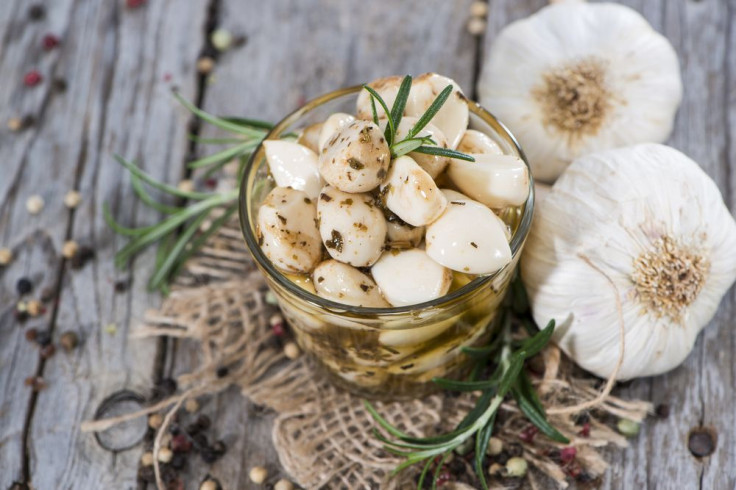A team of researchers in the U.K. may have found an antidote that may help tackle the increasing antibiotic resistance in people to some extent.
The team has found a 1,000-year-old natural remedy in an ancient manuscript. The remedy, made from onion, garlic, wine and bile salts has been found to show antibacterial properties.
The researchers conducted an experiment to assess the efficacy of the remedy and discovered that it has promising effects in the treatment of leg infections and diabetic foot.
Moreover, the treatment dubbed “Bald's eyesalve” was found to possess the potential to handle biofilm infections, which are caused by colonies of bacteria that are resistant to antibiotics.
This is good news, especially considering the increasing incidence of antibiotic resistance in humans. It is anticipated that in the coming years, it will no longer be possible to treat certain infections as by then bacteria would learn how to ditch the effects of the antibiotics.
In fact, by 2050, antibiotic resistance is expected to kill around 10 million people globally. Biofilm infections are known to cost the U.K. alone around a billion pounds each year.
Bald's eyesalve was first studied back in 2015 as a potential antidote to the superbugs infection. However, the recent study published in the journal Scientific Reports is expected to further trigger the thought process on how the medieval concoction can be used in practice to handle antibiotic-resistant bacteria.
"This is the real detailed hard slog of finding out more information and seeing if it really could be developed into something clinically useful," said author Freya Harrison of the School of Life Sciences at the University of Warwick.
"We think it has particular promise for treating diabetic foot infections. They are the ultimate, super-resistant biofilm infection. They are huge health and economic burden. They really can become untreatable."
Harrison further explained how there is a high possibility that such diabetic foot ulcers turn out to be completely resistant to antibiotics and people getting sepsis because of it, which is a life-threatening condition. Some may even have to get their foot or leg amputated because of the infection.
In the research, the team used onions and garlic purchased from the supermarket and used English white wine. The bile salts used in the concoction came from a cow’s stomach.

© 2025 Latin Times. All rights reserved. Do not reproduce without permission.




